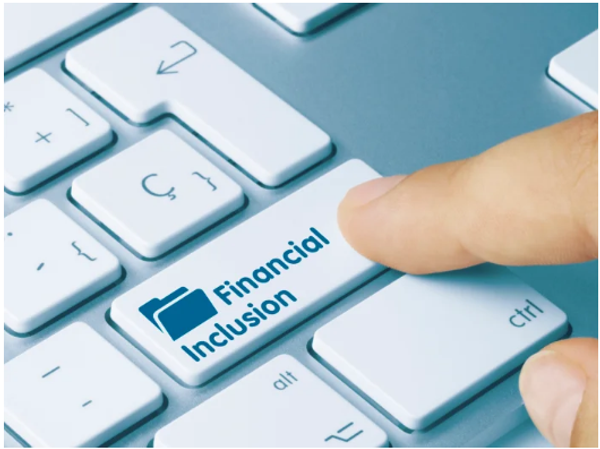Embedded finance has the potential to revolutionize the financial services industry in the Philippines. Simply put, embedded finance is a revolutionary new approach to financial services that uses technology to provide richer and more compelling products and services. Embedded finance is based on the premise that even non-financial services companies can offer financial services such as payments, lending, and insurance to streamline processes, reduce costs, and improve customer service using technology. Consumers get access to financial services at the point of need, rather than having to visit a bank. For example, if you were shopping for a new computer online, you can get instant access to a loan to pay for the purchase, get it with insurance, and then pay for it instantly, completing the entire transaction electronically.
This is a very promising development for the Philippines because it has a population of over 100 million people who are underserved by traditional financial institutions. This makes it a ripe target for providers of innovative financial products and services. Non-traditional providers such as mobile payment platforms and online lenders have already begun to penetrate the Philippine market, so embedded finance could provide even more options for consumers. If embedded finance can provide better products and services at lower costs than traditional banks, the industry may see a major transformation.
One of the biggest benefits of embedded finance is that it can help businesses expand their reach and reduce costs. This is particularly important in countries like the Philippines, which are struggling with high levels of poverty and inequality. Developments in embedded finance takes into account the unique needs and constraints of developing economies like the Philippines. In the retail sector, for example, embedded finance enables the creation of new platforms that allow purchases and payments to be more convenient, without the need for a bank account or credit card. This could benefit not only consumers but also businesses, as it could lead to a wider reach and increased profits. In lending, embedded finance makes it easier for consumers and small businesses to access affordable loans and credit products.
Overall, embedded finance has the potential to play a significant role in the development of the Philippine economy. It can help consumers get access to financial services, and help businesses expand their reach and reduce costs while promoting innovation across various sectors. Embedded finance has already had a significant impact on the financial services industry in countries like the United States and China. In the Philippines, it could play a major role in advancing economic growth and helping to spur innovation across various sectors.
Interested in making embedded finance happen? Are you part of a company that is trying to embed financial services into your products and services? Contact us at Smile to see how we can help!



